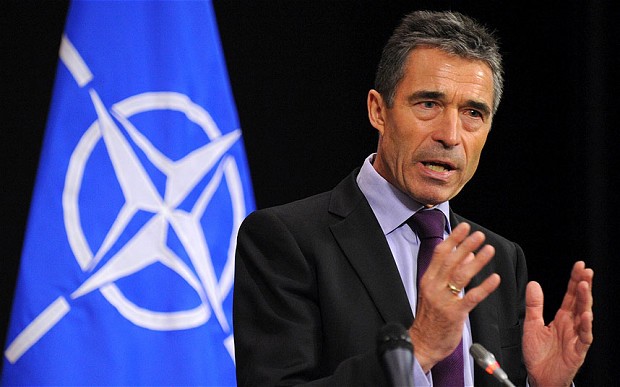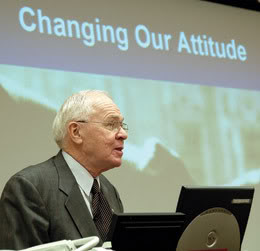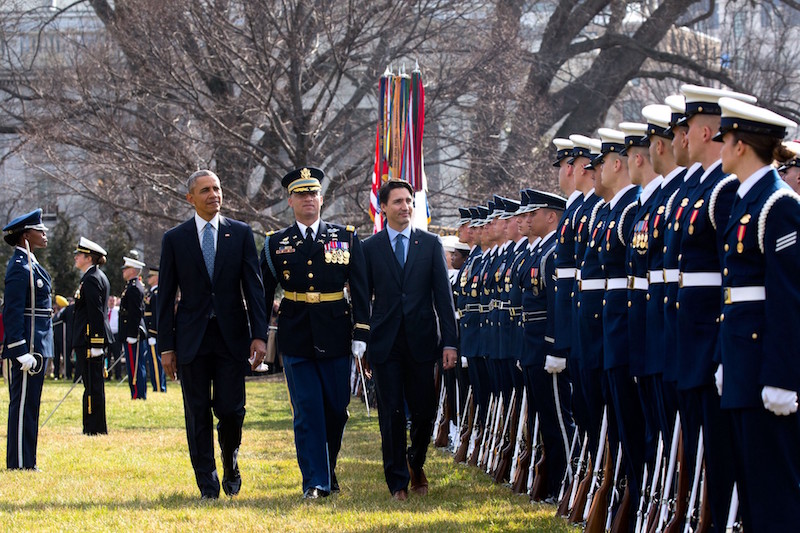In his first address to the European Council yesterday, 19 December 2013, NATO Secretary General Anders Fogh Rasmussen spoke at length about the need for increased European attention to defence and defence spending. Speaking at the invitation of Council President Herman van Rompuy, Rasmussen stated “for Europe to play its full part, we must develop real capabilities, and those capabilities that our nations really need: observation drones, air-to-air refuelling, heavy transport”.
Rasmussen spoke of a fear that Europe has become introverted and preoccupied by its own internal economic crisis. In addition, he pointed to the increase in security threats to the region. Despite this, many European countries have decreased their defence spending in recent years. Some states have experienced budget cuts of up to 40% in real terms. Rasmussen highlighted the importance of Europe specifically keeping defence a major priority in the coming years. Some European states have been taking NATO spending for granted, and permitting select countries to bear the greatest burden of spending. Rasmussen noted that NATO is not it’s own entity, but the sum of each individual country’s spending and capacities. In fact, “during the 2011 intervention in Libya, UK, French and other European planes were dependent on US planes for aerial refuelling. US aircraft conducted an estimated four-fifths of all such refuels”.
The United States foots over 75% of NATO’s defence budget, something that the nation has recently criticized. As Rasmussen pointed out: “the time to act is now, because unless we Europeans take our security seriously, North America will rightly ask why they should. Unless we recommit to our own defence, we risk seeing America disengage – and America and Europe drift apart. This is not what any of us would want, and it would benefit neither of us nor the rest of the world.” This reflects recent American complaints about the lack of financial commitment from many NATO member states. Rasmussen continued to say: “I am concerned that if Europe is unwilling, or unable, to play its full part in international crisis management, others will fill the vacuum. And we will reduce our ability to protect our values and defend our interests.”
Though defence matters to Europe, it has become apparent that many European states are happy to rest on the laurels of the major NATO donor states. There is fear that this will cause donor fatigue from states like the US who share such a massive financial burden. In order for NATO to continue carrying out its mandate of global peace and cooperation, it is highly important that European nations become more actively engaged in the organization from a financial standpoint.




